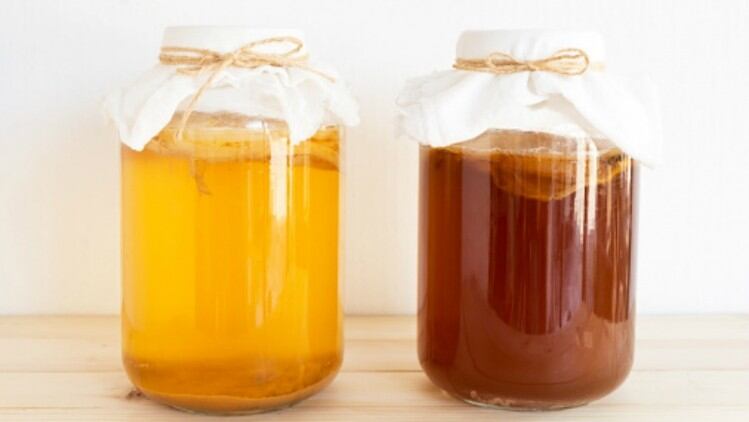GM foods in South Korea: Government calls for ‘scientific input only’ in new public consultation for three food items
The South Korean government has opened three food safety reports on genetically modified soybean, corn and canola for public comment, with the caveat that all opinions submitted must be ‘based on science and logic’ or risk being ignored.
Genetically modified (GM) foods and agricultural crops have yet to see acceptance in South Korea despite extensive research on many items from rice to peppers to lettuce, likely due to ongoing consumer pushback.
‘Long-awaited’ result: New Zealand food sector welcomes new Grocery Code but devil is in the detail
The New Zealand food trade body has welcomed the government’s new Grocery Code of Conduct, calling it a ‘long-awaited’ result – but stressed that a thorough examination of the details and industry education are now key to ensure it fulfils its purpose.
The Grocery Code of Conduct has been a crucial topic of debate and discussion in the New Zealand food industry for over a decade.
Country-specific context: India reiterates no-go stance on sweetener use for weight management
The Food Safety and Standards Authority India (FSSAI) has stressed that existing local guidelines do not endorse the replacement of sugar with sweeteners for weight loss, while joining calls for more localised research to be conducted on its impacts.
The agency has made this statement in the wake of the World Health Organisation (WHO) guideline earlier this year that made a ‘conditional recommendation’ against the use of non-sugar sweeteners (NSS) to control body weight or reduce the risk of non-commmunicable diseases such as diabetes.
Taiwan FDA to set consumption limits on ashwagandha and seven other botanicals
Taiwan’s Food and Drug Administration will be setting consumption limits and usage warnings on ashwagandha and seven other botanicals that are used as food ingredients.
One of the rules states that the daily consumption of ashwagandha (Withania somnifera) dried leaves and root extract will be limited at 250mg.
Clearer carbohydrate claims: ANZ food safety agency initiates upgrade for voluntary alcoholic beverage labelling standards
Food Standards Australia New Zealand (FSANZ) is considering updating rules around voluntary nutrition claims for carbohydrates and sugar on alcoholic products, opening this to public comment until September.
The existing Australia New Zealand Food Standards Code allows for manufacturers to make carbohydrate content claims on a voluntary basis in both countries, but has faced issues with regard to the content and extent to which such claims can be made.
According to FSANZ, the new upgrade has been proposed after targeted consultation with public health groups, consumer groups, local governments and the alcohol industry, so is hoped to introduce more clarity on these claims.





